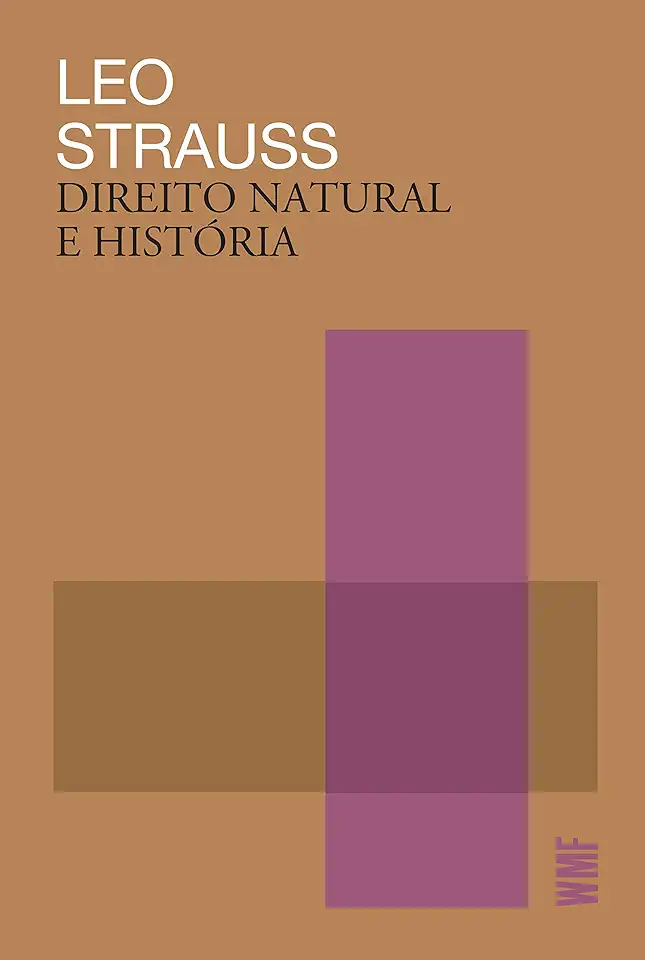
Natural Right and History - Leo Strauss
Natural Right and History: Leo Strauss
Introduction
In his seminal work, Natural Right and History, Leo Strauss argues that the concept of natural right is essential for understanding the history of Western political thought. He traces the development of this concept from its origins in ancient Greece to its modern formulations, and he shows how it has been used to justify both liberal and conservative political theories.
The Concept of Natural Right
Strauss begins by defining natural right as "the right that belongs to man as man." He argues that this right is not based on any human convention or law, but rather on the very nature of man. It is a right that is inherent in human beings simply because they are human.
Strauss identifies three main elements of natural right:
- The right to life: This is the most basic of all natural rights, and it is the foundation for all other rights. Without the right to life, no other rights can be enjoyed.
- The right to liberty: This is the right to be free from arbitrary interference by others. It includes the right to freedom of speech, freedom of assembly, and freedom of religion.
- The right to property: This is the right to own and control one's own property. It includes the right to use one's property as one sees fit, and the right to exclude others from using it.
The History of Natural Right
Strauss traces the development of the concept of natural right from its origins in ancient Greece to its modern formulations. He shows how this concept has been used to justify both liberal and conservative political theories.
In ancient Greece, the concept of natural right was first developed by the Sophists. The Sophists argued that natural right is based on the laws of nature, which are independent of human convention or law. They believed that these laws of nature could be discovered through reason, and that they could be used to justify political institutions that were in accordance with nature.
Plato and Aristotle criticized the Sophists' concept of natural right. They argued that natural right is not based on the laws of nature, but rather on the nature of man. They believed that the only way to discover the true nature of man is through philosophy, and that this knowledge could be used to justify political institutions that were in accordance with human nature.
In the Middle Ages, the concept of natural right was further developed by Christian theologians. Christian theologians argued that natural right is based on the law of God, which is revealed in the Bible. They believed that this law of God could be used to justify political institutions that were in accordance with the will of God.
In the modern era, the concept of natural right has been used to justify a wide variety of political theories, including liberalism, conservatism, and socialism. Liberals argue that natural right is the foundation of individual liberty and freedom, while conservatives argue that natural right is the foundation of social order and stability. Socialists argue that natural right is the foundation of economic equality and justice.
The Significance of Natural Right
Strauss argues that the concept of natural right is essential for understanding the history of Western political thought. He shows how this concept has been used to justify both liberal and conservative political theories, and he argues that it is a concept that is still relevant today.
Strauss believes that the concept of natural right is important for two reasons. First, it provides a foundation for political legitimacy. A political regime is legitimate only if it is based on the consent of the governed, and this consent can only be obtained if the regime is in accordance with natural right. Second, the concept of natural right provides a standard for political criticism. A political regime can be criticized if it violates natural right, and this criticism can be used to justify political reform or even revolution.
Conclusion
Natural Right and History is a classic work of political philosophy that has had a profound influence on the development of Western political thought. Strauss's argument that the concept of natural right is essential for understanding the history of Western political thought is persuasive, and his analysis of the different ways in which this concept has been used is insightful and illuminating. This book is a must-read for anyone interested in political philosophy or the history of Western thought.
Why You Should Buy This Book
If you are interested in political philosophy or the history of Western thought, then you should buy this book. Natural Right and History is a classic work of political philosophy that has had a profound influence on the development of Western political thought. Strauss's argument that the concept of natural right is essential for understanding the history of Western political thought is persuasive, and his analysis of the different ways in which this concept has been used is insightful and illuminating. This book is a must-read for anyone interested in political philosophy or the history of Western thought.
Here are a few more reasons why you should buy this book:
- It is a well-written and engaging book that is easy to read and understand.
- It is a comprehensive and thorough treatment of the concept of natural right.
- It is a thought-provoking book that will challenge your thinking about political philosophy.
- It is a classic work of political philosophy that is essential for any serious student of the subject.
If you are interested in political philosophy or the history of Western thought, then I highly recommend that you buy this book. You will not be disappointed.
Enjoyed the summary? Discover all the details and take your reading to the next level — [click here to view the book on Amazon!]